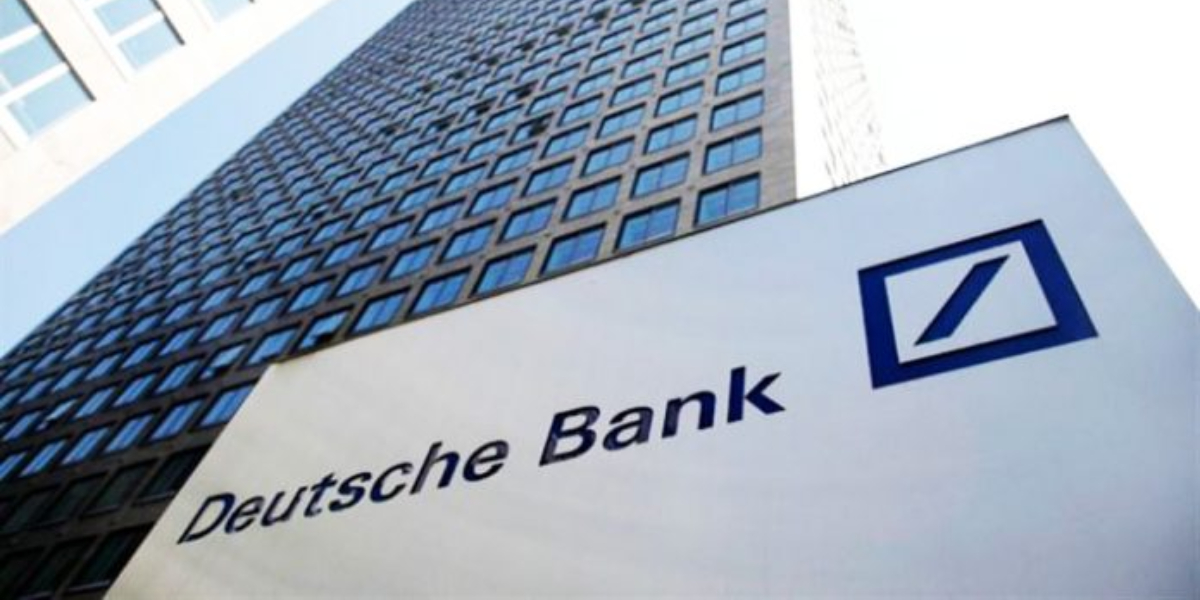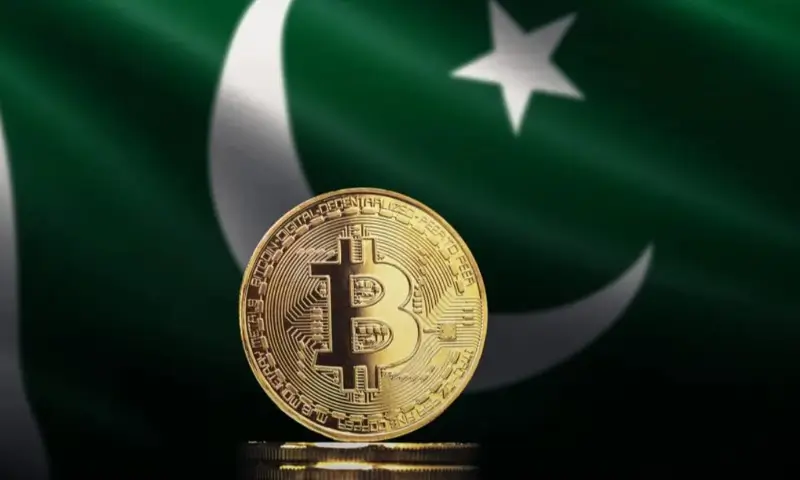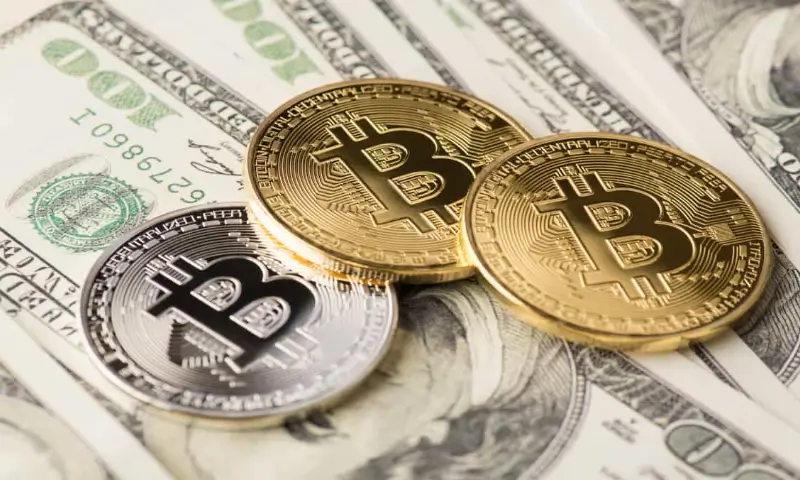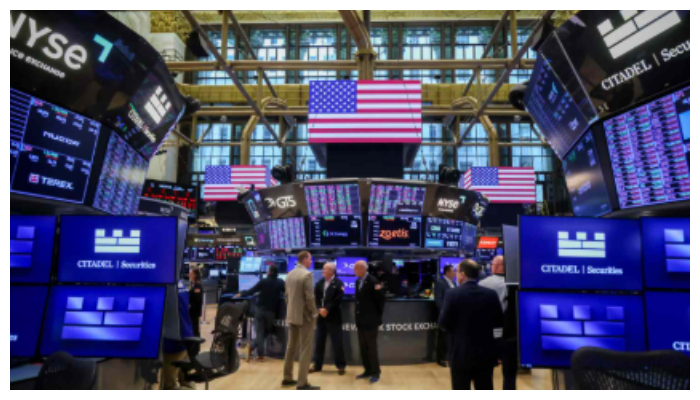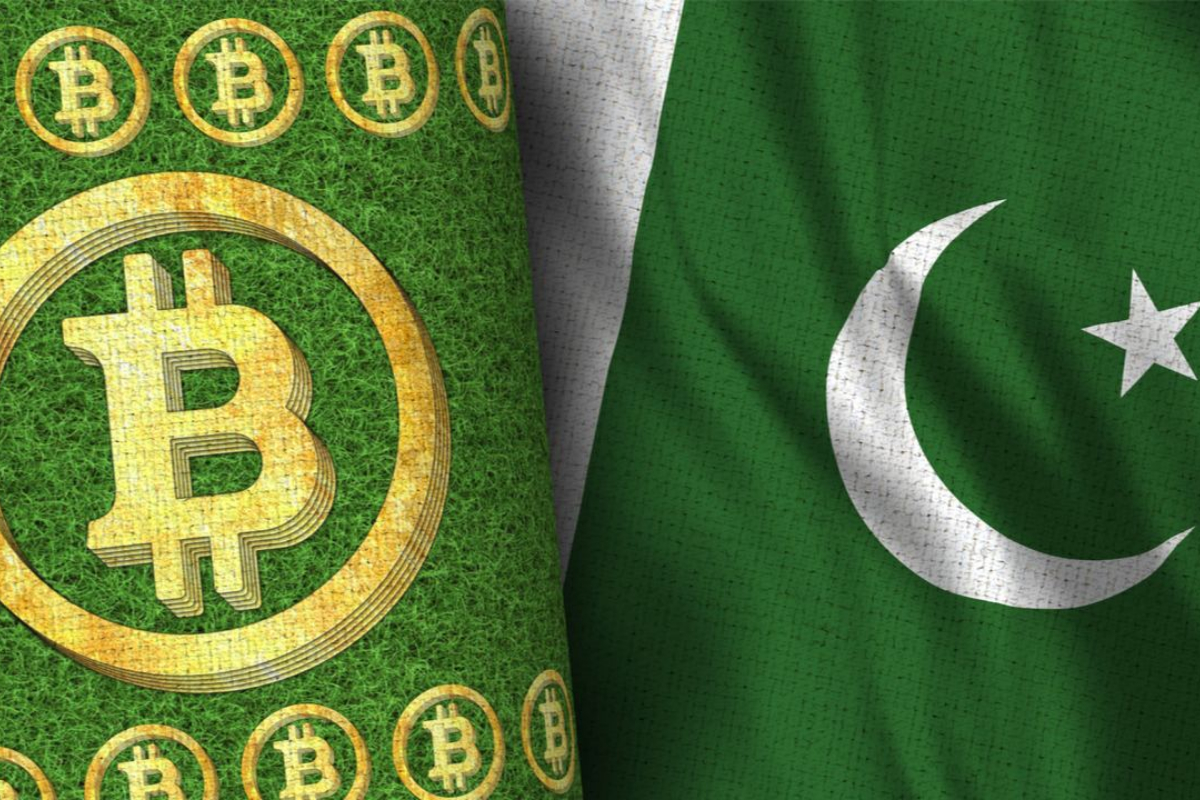NEW YORK: Earlier this month, Deutsche Bank made headlines when it became the first large bank to predict a US recession, albeit a “mild” one.
It is now predicting a deeper decline as a result of the Federal Reserve’s efforts to reduce stubbornly high inflation. In a note to clients on Tuesday, Deutsche Bank economists predicted a significant recession.
The issue, according to the bank, is that while inflation may be at its top, it will take a “long time” to return to the Fed’s target of 2%. That means the central bank will hike interest rates so quickly that the economy will suffer.
In a paper titled “We regard it…as highly likely that the Fed will have to step on the brakes even more firmly, and a deep recession will be needed to bring inflation to heel,” Deutsche Bank analysts wrote, “Why the coming recession will be worse than expected.”
In March, consumer prices rose at their quickest rate in 40 years, by 8.5 percent. The labour market is still booming, with Moody’s Analytics predicting that unemployment will soon reach its lowest level since the early 1950s.
To support its position, Deutsche Bank produced an index that measures the gap between inflation and unemployment over the last 60 years and the Federal Reserve’s stated targets for both. According to the bank, the Fed is currently “much further behind the curve” than it was in the early 1980s, when extraordinarily high inflation caused the central bank to hike interest rates to record highs, destroying the economy.
According to Deutsche Bank, the Fed has “never been able to correct” even minor inflation and employment overshoots “without pushing the economy into a significant recession,”
“over-tightened” the bank stated, citing the labour market’s “Something stronger than a mild recession will be needed to do the job.” by as much as two percentage points of unemployment.
The good news is that Deutsche Bank expects the economy to recover by mid-2024 when the Fed abandons its anti-inflationary policies.
Of course, no one can say for sure how this will turn out. Although Deutsche Bank is pessimistic — it is the most negative of the major Wall Street banks — others believe the doom and gloom is exaggerated.
Goldman Sachs acknowledges that lowering high inflation and wage growth will be “very challenging” but adds that a recession is “not inevitable.”
“We do not need a recession but probably do need growth to slow to a somewhat below-potential pace, a path that raises recession risk,” Goldman Sachs economists wrote in a report Friday evening.
Despite the Fed’s move to inflation-fighting gear, UBS remains optimistic that the economic growth will continue.
In a study released on Monday, Mark Haefele, chief investment officer at UBS Global Wealth Management, stated, “Inflation should ease from current levels, and we do not expect a recession from rising interest rates,”
The chance that inflation will continue “persistently elevated for longer than generally anticipated.” according to Deutsche Bank, is the most crucial driver for its more pessimistic outlook.
Several factors, according to the bank, will contribute to higher-than-expected inflation, including the reversal of globalisation, climate change, further supply-chain disruptions caused by the Ukraine war and China’s Covid lockdowns, and rising inflation expectations, which will support actual inflation.
“The scourge of inflation has returned and is here to stay,” Deutsche Bank said.
If inflation continues to rise, the Federal Reserve will be obliged to consider more aggressive interest rate hikes. The Federal Reserve hiked interest rates by a quarter-point in March, and Chairman Jerome Powell said last week that a half-point boost is “on the table” at the meeting next week.
“It is sorely tempting to take a go-slow approach hoping that the US economy can be landed softly on a sustainable path. This will not happen,” Deutsche Bank said. “Our view is that the only way to minimize the economic, financial and societal damage of prolonged inflation is to err on the side of doing too much.”
For the latest Business News Follow BOL News on Google News. Read more on Latest Business News on oldsite.bolnews.com

